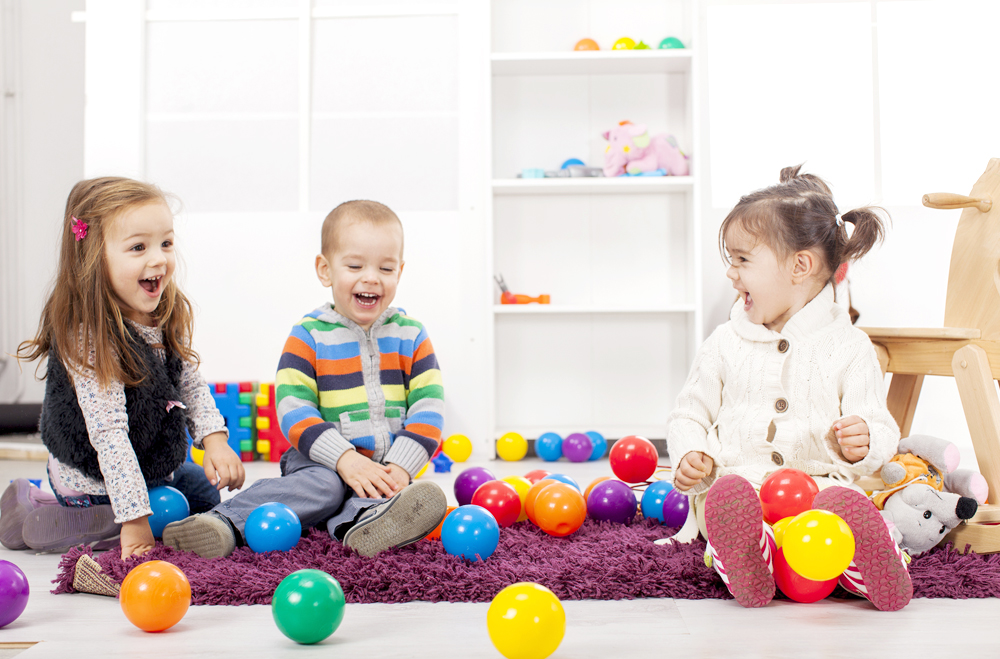By Krystal Tan
Character relates closely to a child’s inward and outward behaviours. A child’s character is very much nurtured through his interactions with people and his surroundings. Hence, character education forms an essential part of a child’s learning and development.
Having good character yields positive results and desired outcome. People choose to associate with others who know how to show respect, are caring, hold responsibility, have positive attitude, are helpful, show empathy to others and often demonstrate an optimistic frame of mind. When a child feels engaged, respected and safe, he shows enhanced ability to focus on both academic as well as non-academic goals.
Character education strives to teach children the basic values and principles of right and wrong, and it plays a transformative role in every child’s cognitive, social and emotional development. Though schools may impart good character values in children, the key educators of positive character values remain in the hands of parents and immediate family members. As their primary character development influence, here are the ten essential character values parents should focus and instil in children.
1. Respect
Treat others the way you want to be treated. We want to be respected, so do our children, and they also need to learn that respect is to be earned. To earn the respect of others, we must take initiative to show respect for others. Teaching our children to respect people, animals and the environment helps ensure our children care for the world we live in.
2. Honesty
Honesty is the best policy. We have seen or heard the story of The Boy Who Cries Wolf. When a child tells a lie, whether out of mischief or intentionally to hide from fear of being reprimanded, he would have lost his trustworthiness. As parents, we need to share the importance of honesty with our children so they will grow to be respectable adults of high integrity.
3. Responsibility
A responsible child is one who accountable for his actions, which can serve as good inspiration for surrounding people. By assigning simple household chores to our children in the home environment, we teach our little ones what it is like to be responsible. Children who pack their school bags, keep their rooms clean and tidy, complete their schoolwork and hand it in on time will develop a good sense of responsibility.
4. Empathy
Empathy is the ability for one to be in the shoes of others and feel for others. Children who know how to feel for others, stand by the side of others and are always there to encourage and support their friends and family, are often better received. Parents can be a good role model and share with the children on how we can show empathy for others.
5. Gratefulness
Studies have shown that grateful people are happy people. Children who show gratitude for the things they have, especially the love they receive from their parents and other family members and friends will be more fulfilled and happier in live. Parents can share the blessings with our children and show them how grateful we are to be living in peace and harmony.
6.Kindness
An act of kindness a day enriches one’s life and it takes little effort to be kind. By setting the example of giving up your seats to those who need it more than you, lending a helping hand to people in need or volunteering in charity events, you model how to be kind to others. Kindness always brings smiles to the faces of everyone.
7. Patience
Patience is the ability to not show any anger or frustration while waiting. Queuing patiently in a line or waiting patiently for a turn at the playground greatly improves the overall experiences. The opposite is true when a child gets impatient and starts to show their temper. Thus, it is essential to learn to be patient for a better quality of life.
8. Self-control
Most people have heard of the famous marshmallow test where young children in a room had the choice of taking a marshmallow placed in front of them immediately or to follow instructions and wait for an adult to return before taking the marshmallows. This is a test of one’s self-control. Children who waited for the adult to return are seen to have better self-control. They are often more composed when faced with challenging situations and tend to achieve better success in life.
9. Resilience
Resiliency builds strength, and strength builds courage. Resilient children do not give up easily under challenging situations, and when failure strikes, they tend to rebound back quickly and fight on. Research has also shown that resilient children often move on with better life achievements.
10. Sportsmanship
A child who is socially active and engages in many team sports or activities need to be generous to ensure he enjoys every moment of the engagement. This is especially true when it comes to team sports. Children who play a fair game and congratulate a winning opponent team have better sportsmanship and enjoy a better quality of life. Character values are to be taught and cultivated. Parents and teachers form the best role models when it comes to instilling good values and behaviours in our children.
Krystal Tan is the founder of Krystal Charm Etiquette Academy, a well-established training provider that specialises in etiquette training and character education for children and youths. Learners will pick up essential life skills to value add to their overall learning and development. Parents who wish to make a positive difference in your child’s social and emotional development can visit Krystal Charm Etiquette Academy Year End Holiday Workshops and enrol your child in the many interactive curriculums.















